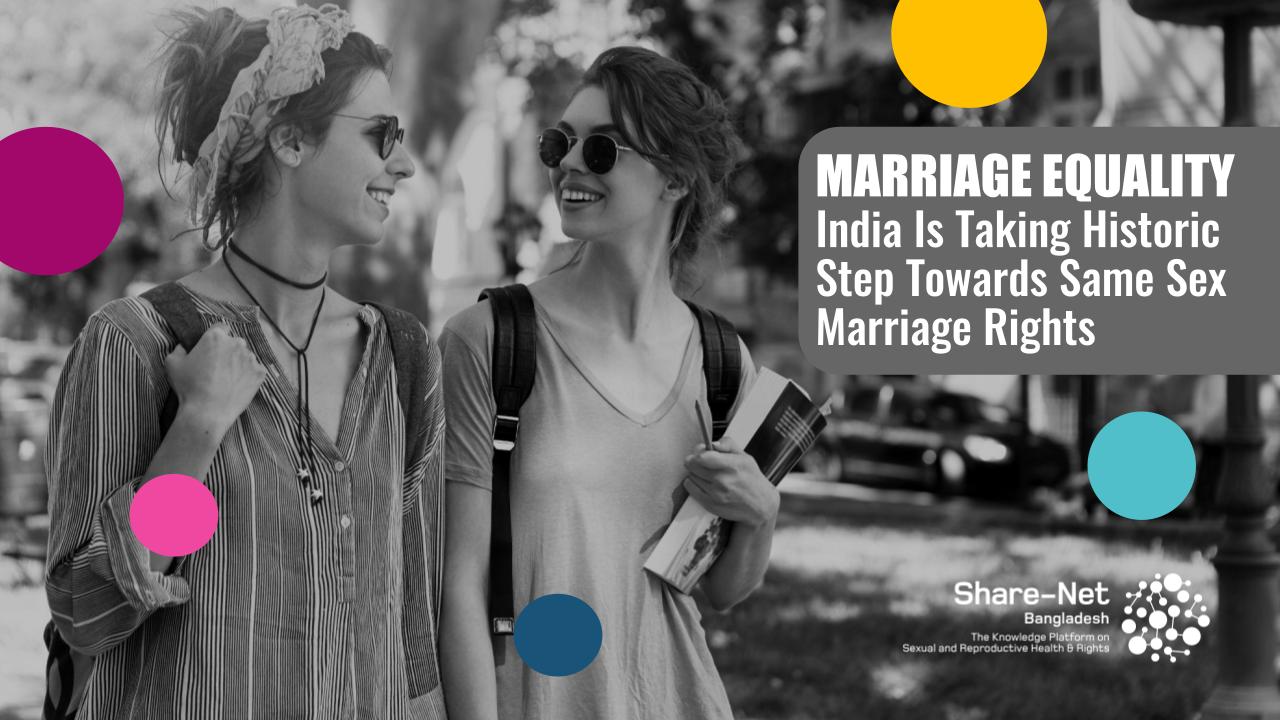Marriage Equality: India Takes Historic Step Towards Same Sex Marriage Rights
The second day of India’s historic same-sex marriage hearing at the Supreme Court has concluded, with advocates and opponents of marriage equality making their case before a five-judge bench.
The case has been brought before the court by a group of petitioners who argue that India’s ban on same-sex marriage is unconstitutional and violates the rights of LGBTQ+ individuals. The petitioners include a diverse range of individuals, from LGBTQ+ activists to academics and professionals, who have all argued that the ban perpetuates discrimination and inequality.
On the second day of the hearing, the court heard arguments from the petitioners’ lawyers, who highlighted the social and economic benefits of legalizing same-sex marriage. They argued that the ban violates the right to equality enshrined in India’s constitution, as well as the right to life and personal liberty.
One of the key arguments made by the petitioners was that the ban on same-sex marriage denies LGBTQ+ individuals access to legal protections and benefits that are available to heterosexual couples. These include inheritance rights, access to healthcare, and social security benefits. By denying these rights to LGBTQ+ individuals, the ban perpetuates inequality and discrimination, the lawyers argued.
Opponents of same-sex marriage, including religious groups and conservative politicians, also made their case before the court. They argued that marriage should be restricted to heterosexual couples, citing religious and cultural reasons. They also argued that same-sex marriage would undermine traditional family structures and lead to social chaos.
The hearing has attracted widespread attention and sparked debate across India. LGBTQ+ activists have organized rallies and protests in support of marriage equality, while conservative groups have staged counter-protests. The case has also divided political opinion, with some politicians expressing support for same-sex marriage, while others have opposed it.
If the Supreme Court rules in favor of the petitioners, it would be a major step towards marriage equality in India. Same-sex marriage is currently illegal in the country, and LGBTQ+ individuals face discrimination and persecution in many areas of society. However, there have been some recent gains for LGBTQ+ rights, including the decriminalization of homosexuality in 2018.
The court is expected to continue hearing arguments from both sides over the coming days, before making a ruling. The decision is likely to have far-reaching implications for LGBTQ+ rights and marriage equality in India, and could set a precedent for other countries in the region.
Although, this historic same-sex marriage hearing in India’s Supreme Court has attracted widespread attention and sparked debate across the country, and its outcome is likely to have far-reaching implications for LGBTQ+ rights in the country. Regardless of the ruling, the hearing represents a significant step towards achieving equality and justice for all individuals, regardless of their sexual orientation or gender identity.
Source: BBC News


